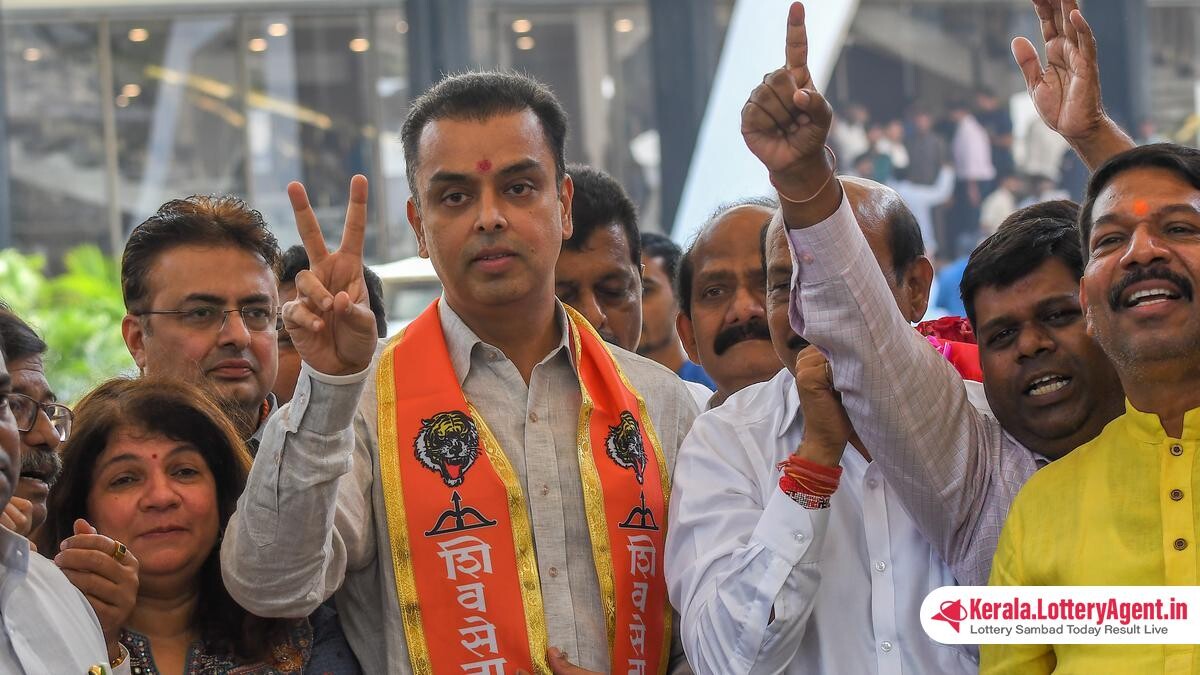
Shiv Sena’s Rajya Sabha member Milind Deora has sounded an alarm on the Congress’ current economic policies, contrasting them with the ones that once propelled India into a new era of economic liberalization. In a revealing interview with PTI, Deora shared his insights on the trajectory the Congress has taken, diverging from its centralistic foundations to adopt what he described as a “very, very Left” stance.
The criticisms from Milind Deora, a former Union Minister and a key voice in the political dialogue, shed light on the internal dynamics within the Congress party. He suggested that the narrative has dramatically shifted from creating a conducive environment for entrepreneurs and wealth generation towards one that maligns these very figures. According to Deora, the current Congress rhetoric is not only dismissive of India’s business creators but is also a departure from the legacies that it once crafted and celebrated.
The pivotal economic reforms of 1991, which were deployed under the Congress administration, set the stage for modern Indian entrepreneurs and business magnates. However, the party now appears to be derogatory towards these individuals, signaling a stark pivot from its own foundational legacies. Deora expressed concern that such an agenda might obstruct India’s ongoing economic growth, especially when global opportunities beckon – notably, the shift of investments from China to India due to various international dynamics.
A former Congress stalwart himself, Milind Deora proudly served as a Lok Sabha member from South Mumbai between 2004-2014, and played his role in the Manmohan Singh government before his departure from the party earlier this year. He observed that renowned figures within the Congress, like former Prime Minister Dr. Manmohan Singh, are likely at odds with the party’s present economic outlook.
Underpinning his critique is a reflection on the Congress’s illustrious past; the major economic reforms of 1991 took place under the leadership of then-Prime Minister P.V. Narasimha Rao with Dr. Manmohan Singh as the finance minister. These reforms were instrumental in liberalizing the Indian economy, introducing it to the global market, and igniting rapid growth. Deora believes that despite the initial push for reforms, the Congress has since retreated from continuing on that reformist path.
This stand on economic policies is not the only divergence pointed out by Deora. He reflected on the Congress’ opposition to the abrogation of Article 370, which granted special status to Jammu and Kashmir. The article was designed as a temporary provision in the constitution, yet the Congress, he claims, has strayed from this understanding. Moreover, the party that historically combated caste-based politics today seems to endorse it, evidenced by their promise to conduct a caste census upon gaining power.
The unique distinction that both Milind Deora and his late father, Murli Deora, who also served as a Union minister, held the position of Mumbai Congress president, adds a significant chapter to their political legacies. It also underscores the depth of the divergence Deora perceives in the Congress party of today compared to its past.
The Shiv Sena MP’s critique comes at a challenging time for the Indian National Congress, which has been grappling with internal strife and a series of electoral setbacks. Deora’s pointed observations have highlighted a schism in the party’s vision and strategic approach, opening up a conversation about the implications of its current economic agenda on India’s position as an emerging global economic powerhouse.












